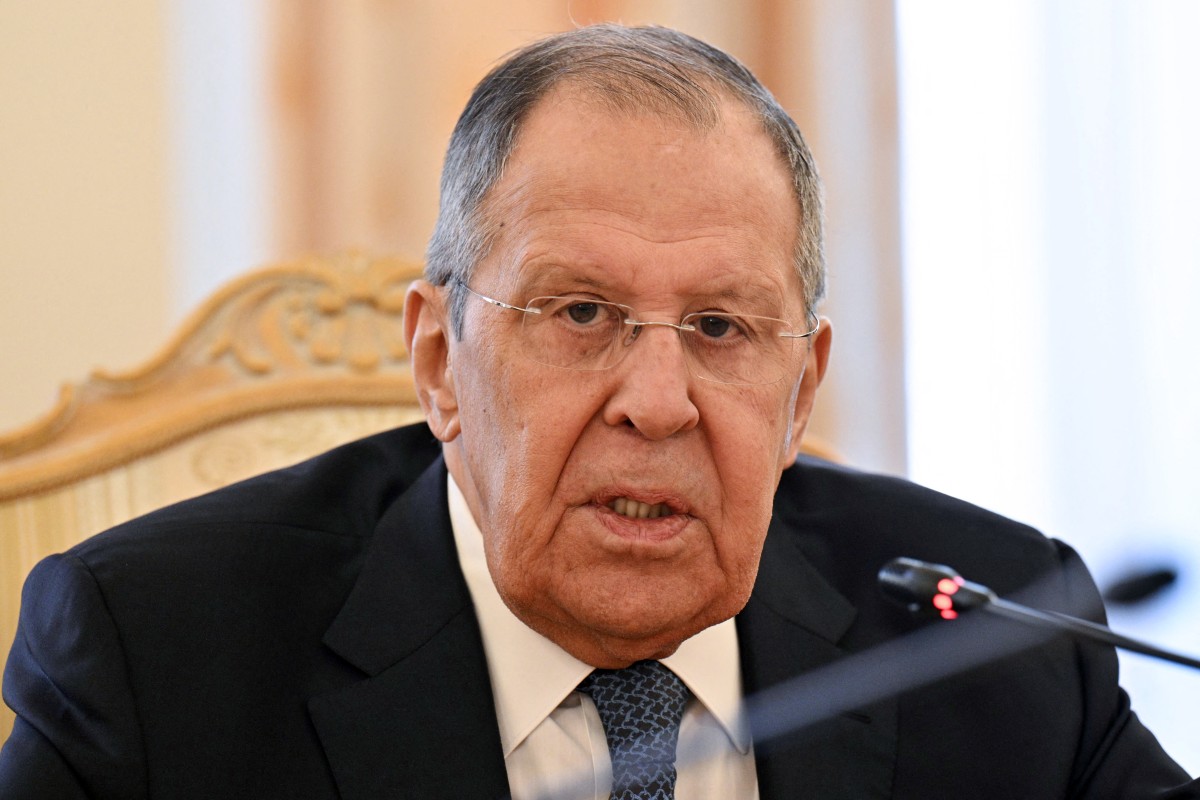At the Wall Street Journal's Innovator Awards, Billie Eilish delivered a stark challenge to the wealthy elite, asking pointedly, "If you're a billionaire, why are you a billionaire?" Her words came moments after announcing an $11.5 million donation from her tour to support climate justice and food equity, crystallizing a generational divide that goes far beyond celebrity posturing.
The contrast between Eilish and Taylor Swift epitomizes this divide. While Eilish designs sustainable tours with plant-based catering and biodegradable confetti, Swift's private jet logged 170 flights in 2022, generating an estimated 8,300 tonnes of CO2 emissions, roughly 1,200 times the average person's annual carbon footprint. A single flight from Tokyo to Las Vegas for the Super Bowl emitted 40 tonnes of carbon, with her Eras Tour generating 139 metric tonnes during its US and South American legs.
Swift's representatives argue that she purchases more than twice the number of carbon credits needed to offset her travel. But climate experts repeatedly note that carbon offsets are fundamentally flawed — often unverifiable, sometimes fraudulent, and incapable of undoing atmospheric damage. The only real solution, they insist, is to simply fly less.
This isn't merely a celebrity spat, but a broader generational reckoning about wealth, responsibility, and planetary survival. Eilish, born in 2001, represents a generation that experiences climate anxiety as background noise. This cohort watched Greta Thunberg sail across the Atlantic rather than fly, viewing sustainability not as a brand, but as an existential necessity. Swift, born in 1989, comes from an era when private jets were status symbols, not sources of shame.
The underlying issue cuts deeper than individual carbon footprints. It's about a system that allows extreme wealth accumulation while the planet suffers. Eilish's generation increasingly sees through the performative gestures of wealthy individuals — understanding that no one truly needs a billion dollars and that such wealth could solve massive global problems rather than fund private jet junkets.
Celebrity behavior shapes cultural norms, and when Swift flies private for convenience, she normalizes a fundamentally unsustainable lifestyle. When Eilish questions the very existence of billionaires, she challenges the premise that extreme wealth accumulation is morally neutral. The climate crisis demands more than individual action; it requires a complete reimagining of societal values.
Carbon offsetting has become the refuge of wealthy polluters, a corporate indulgence that allows the rich to buy the right to pollute while the poor suffer the consequences of a warming planet they did little to create. Eilish's approach differs dramatically: Her tour sustainability measures are systematic, not performative, acknowledging that having a massive platform comes with a responsibility to minimize harm.
The uncomfortable truth remains: The planet is burning. Some are trying to put out the fire, while others are adding fuel and calling it innovation. When Eilish asks why billionaires exist, she's articulating what her generation increasingly takes for granted: Extreme wealth is indefensible when the planet is in crisis.
Swift could choose differently. She could tour sustainably, fly commercial, or simply fly less. She could donate a fraction of her estimated $1.6 billion net worth to climate causes. Instead, she buys carbon credits and sends cease-and-desist letters to students tracking her flights.
Meanwhile, Eilish keeps asking the questions no one in that room of billionaires wants to answer. And the planet keeps burning.






